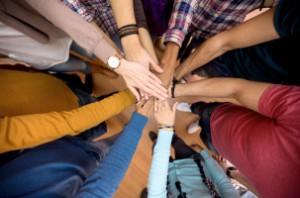
While little appreciated and little studied, there is a gigantic difference between forced associations and free associations. But if you pay attention to the issue, you’ll find that the very act of forcing people together carries a poison in itself. And that poison inevitably bears bad fruit, whether in ethnic hatred, the formation of street gangs, or simply the evils of bullying. Whenever it is that forced associations are examined scientifically, they will be condemned as anti-human.
Free associations, on the other hand, have a magic to them. Leave people alone to do as they wish, in unforced conditions, and even ancient hatreds drain away. This has happened – quietly – in a hundred places and in a hundred times. Wherever free commerce (aka, free human interaction) isn’t forcibly opposed, strangers learn how to get along.
In ancient times, it happened in Rome and Alexandria and Athens and Corinth. In the Middle Ages, it happened in Paris and Hamburg and Lubek and Antwerp. And it will happen again, whenever and whenever people are free to trade and interact as they wish.
And this is what happened on one of the commercial streets of my youth, Devon Avenue. (Devon, by the way, was and still is pronounced da-VON, however incorrectly.)
Where Ancient Hatreds Faded
I have been told by those older than me that Devon was once a very German street. Then the Jews moved in as most of the Germans moved away. The Greeks came too, though mostly just to the south. Koreans as well, but a little to the southwest. And then, directly to Devon, came the Russians and Georgians and Croatians. And then came the Indians and the Pakistanis.
All of this happened in my lifetime, on a mile-or-so stretch of Devon Avenue. And here’s the thing: absolutely no one was ever forced to move into the hundreds of apartment buildings just off Devon Avenue, and no one was ever forced to rent a storefront there.
As a result, these people learned to get along.
The Russians who hated the Croatians (or Jews or whomever) didn’t have to live there or open a store there; they could choose another neighborhood or another commercial street.
None of the Pakistanis and Indians had to go there. They could have avoided the place altogether, and no doubt many have. And it’s important to remember that in the late 1940s, these two groups (Muslims and Hindus) hated each other so badly that a few million people – and overwhelmingly farmers and townspeople – were killed in thousands of small conflicts.
But given some space – one by one and two by two – people who were raised with anger and hate found ways to let it slip away. And now, you can see this on Devon Avenue:
A store catering to both Indians and Pakistanis:
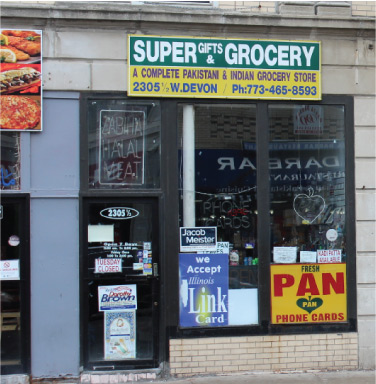
A storefront mosque next to a Jewish bakery:
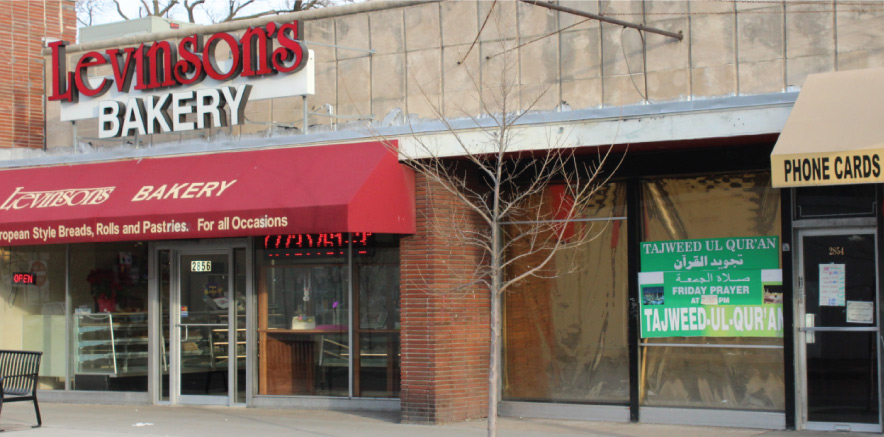
A Muslim market next to a Georgian bakery:
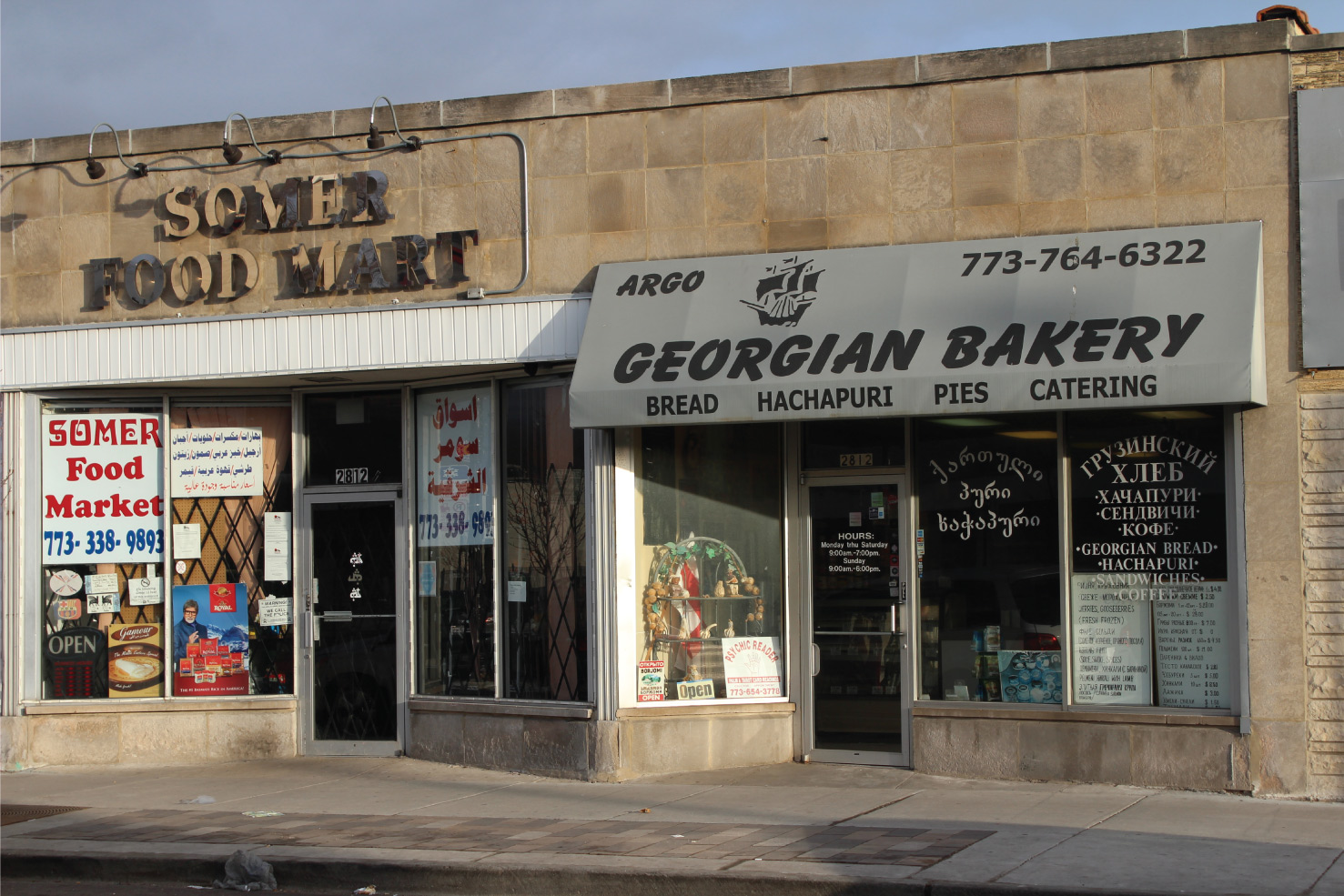
And the most promising thing I saw recently on Devon, a poster for a joint Hindu-Muslim concert, and at a major venue:
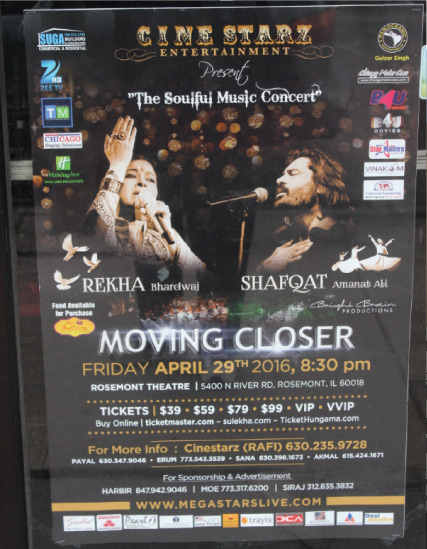
The Lesson
The lesson from Devon Avenue is this:
People tend to come together naturally, if you leave them alone long enough.
I’ll close with a short passage from my book, Entropy & Divinity:
When women and men are not forced together and are not forced to follow the will of others, they soon seek out their fellows and seek to cooperate. When left alone – in their natural, individual state – they begin to use their creative capacities and to cooperate with others.
Think of people scattered in a wild area: they naturally begin to observe the real world, to interact with it, to shape it, and they seek to work together.
Devon Avenue was a place where foreign peoples were not forced to come together. And yet – over time – that is exactly what they did.
Human beings generally get along, once you remove them from collectives and forced groupings. It seems otherwise only when we ignore the good and focus only on the bad.
Paul Rosenberg
[Editor’s Note: Paul Rosenberg is the outside-the-Matrix author of FreemansPerspective.com, a site dedicated to economic freedom, personal independence and privacy. He is also the author of The Great Calendar, a report that breaks down our complex world into an easy-to-understand model. Click here to get your free copy.]


